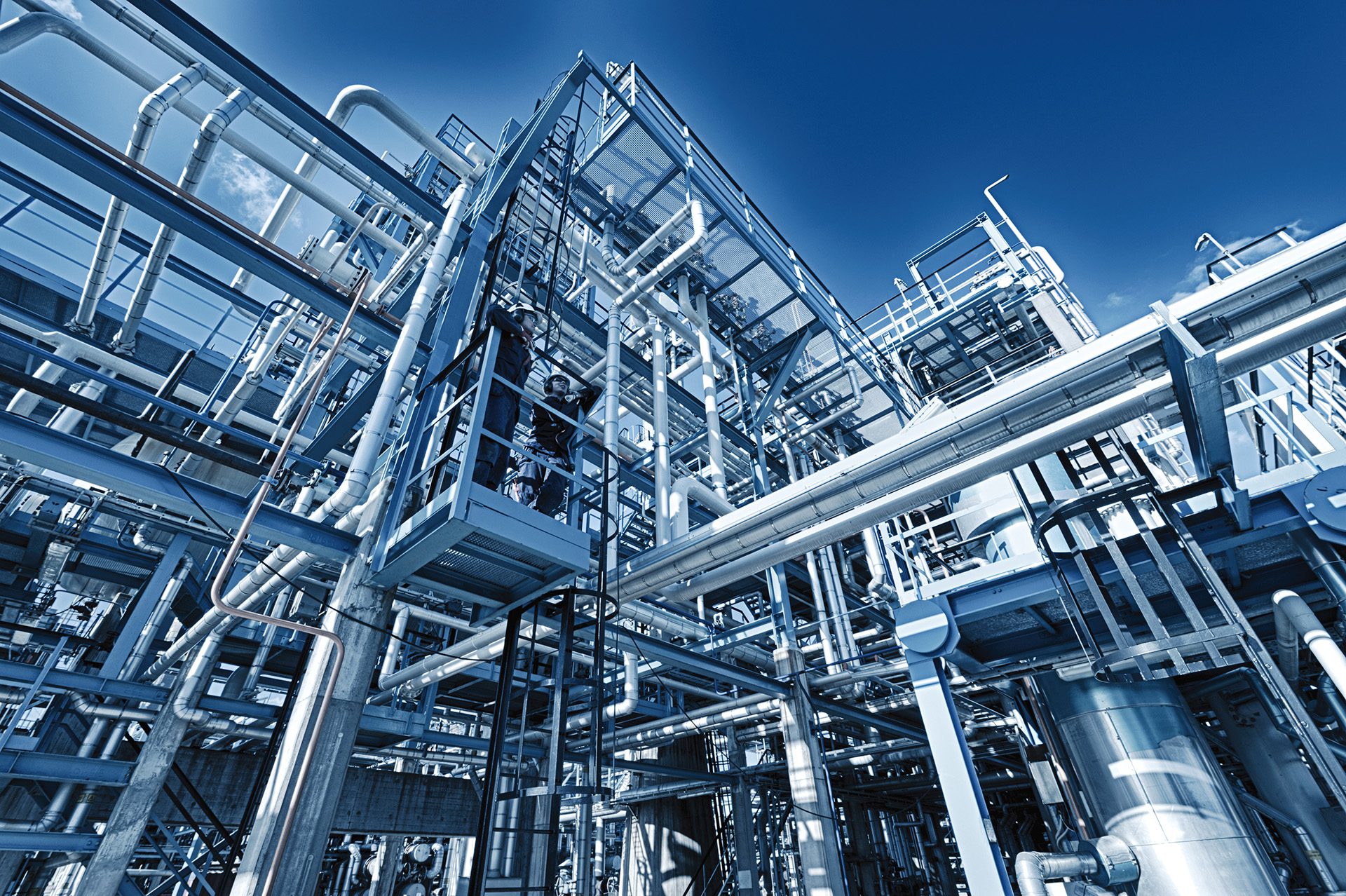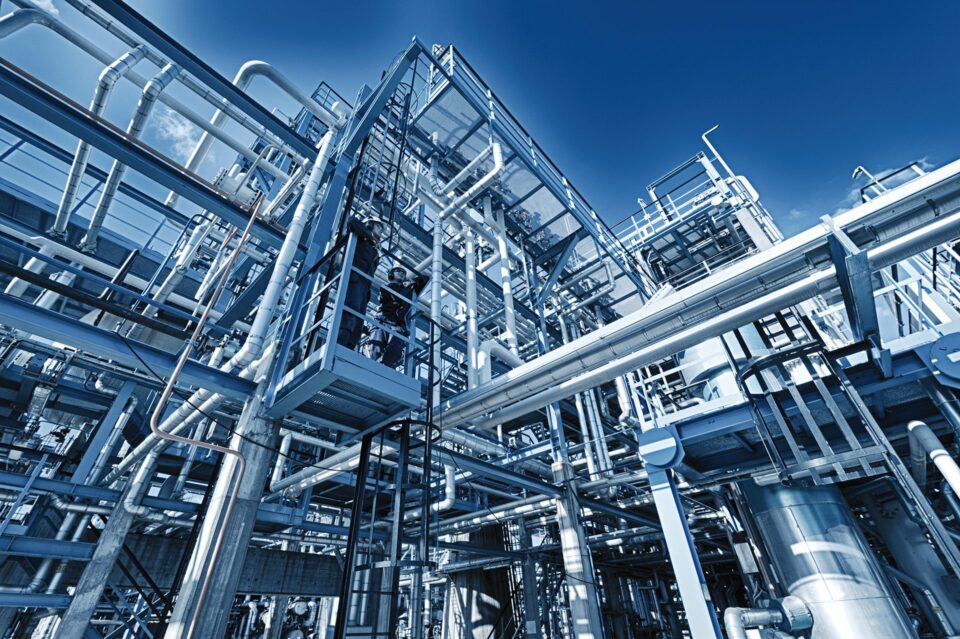Chemical Plant and System Operators
At a glance
- Median Salary$98,399
- Local Jobs306

Occupation Profile
By the Numbers
Median annual earnings$98,399
Median Annual Earnings are the midpoint earned by 50 percent of workers who are the lowest paid and 50 percent of workers who are the highest paid in a particular occupationLocal Jobs306
Median Annual Earnings are the midpoint earned by 50 percent of workers who are the lowest paid and 50 percent of workers who are the highest paid in a particular occupationEntry-level educationBachelor's Degree
Median Annual Earnings are the midpoint earned by 50 percent of workers who are the lowest paid and 50 percent of workers who are the highest paid in a particular occupation
Daily Tasks
- Monitor recording instruments, flowmeters, panel lights, or other indicators and listen for warning signals to verify conformity of process conditions.
- Regulate or shut down equipment during emergency situations, as directed by supervisory personnel.
- Control or operate chemical processes or systems of machines, using panelboards, control boards, or semi-automatic equipment.
- Inspect operating units, such as towers, soap-spray storage tanks, scrubbers, collectors, or driers to ensure that all are functioning and to maintain maximum efficiency.
- Move control settings to make necessary adjustments on equipment units affecting speeds of chemical reactions, quality, or yields.
- Draw samples of products and conduct quality control tests to monitor processing and to ensure that standards are met.
- Record operating data, such as process conditions, test results, or instrument readings.
- Patrol work areas to ensure that solutions in tanks or troughs are not in danger of overflowing.
- Turn valves to regulate flow of products or byproducts through agitator tanks, storage drums, or neutralizer tanks.
- Interpret chemical reactions visible through sight glasses or on television monitors and review laboratory test reports for process adjustments.
- Confer with technical and supervisory personnel to report or resolve conditions affecting safety, efficiency, or product quality.
- Start pumps to wash and rinse reactor vessels, to exhaust gases or vapors, to regulate the flow of oil, steam, air, or perfume to towers, or to add products to converter or blending vessels.
- Notify maintenance, stationary engineering, or other auxiliary personnel to correct equipment malfunctions or to adjust power, steam, water, or air supplies.
- Repair or replace damaged equipment.
Occupational Skills
Hard Skills
- Ballasts
- Brakes
- Data Acquisition
- Diesel Engines
- Environmental Compliance
- Forklift Truck
- Functional Testing
- Heavy Equipment
- Network Switches
- Petrochemical
Soft Skills
- Arithmetic
- Cleanliness
- Computer Literacy
- Customer Service
- Detail Oriented
- English Language
- Lifting Ability
- Map Reading
- Operations
- Willingness To Learn
Hard skills are specific, learnable, measurable, often industry- or occupation-specific abilities related to a position.
Soft skills can be self-taught and usually do not necessitate a certain completed level of education. They are essential in many industries and occupations.
Educational Programs
Chemical Plant and System Operators
| Type | Credential | Hrs | Online | Financial Aid |
| Credit | AAS Degree, L2 Cert | 60/42 | No | Yes |
Learn more aboutChemical Plant and System Operators
Visit Career Coach for additional in-depth information and available training programs for this job.













